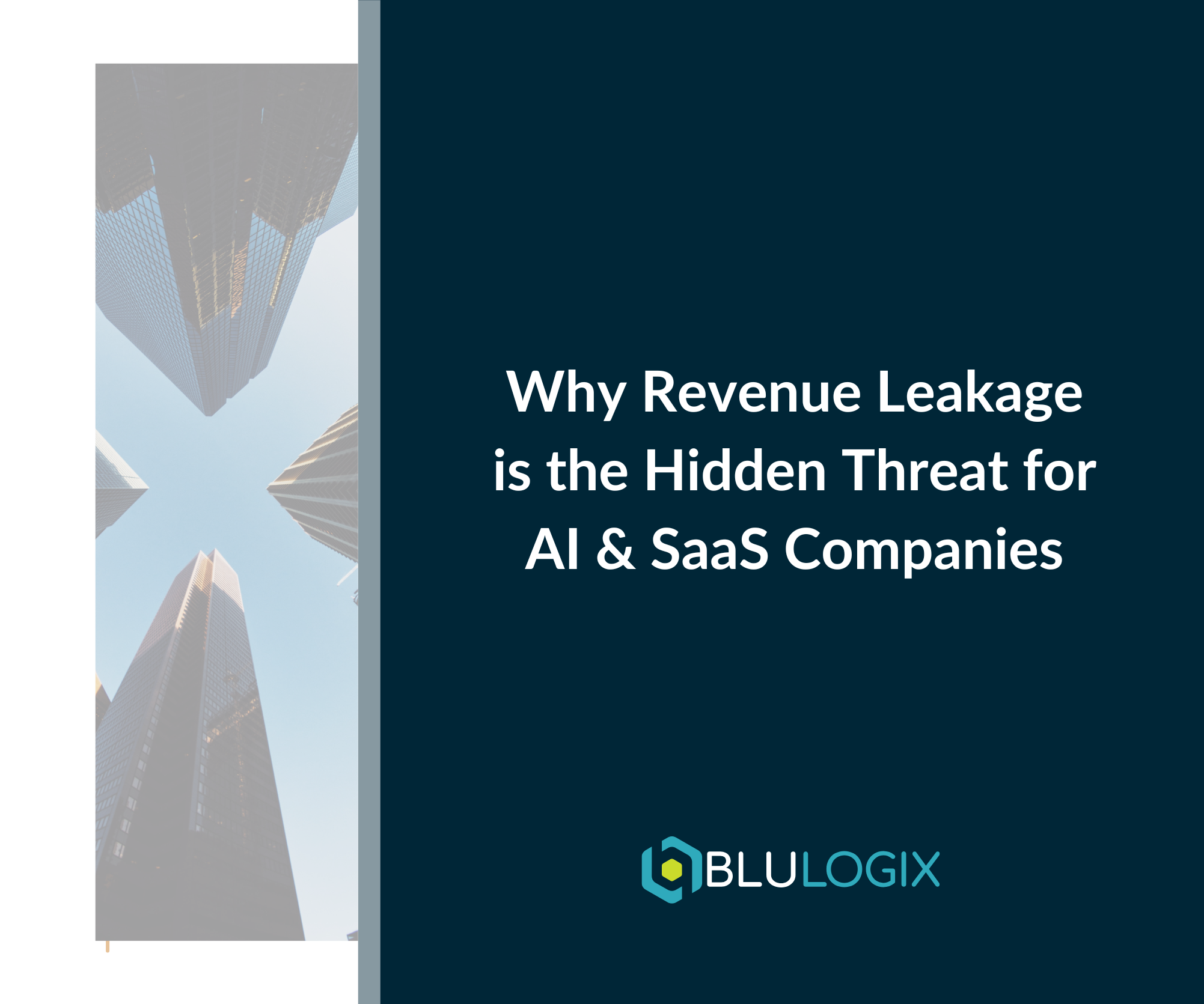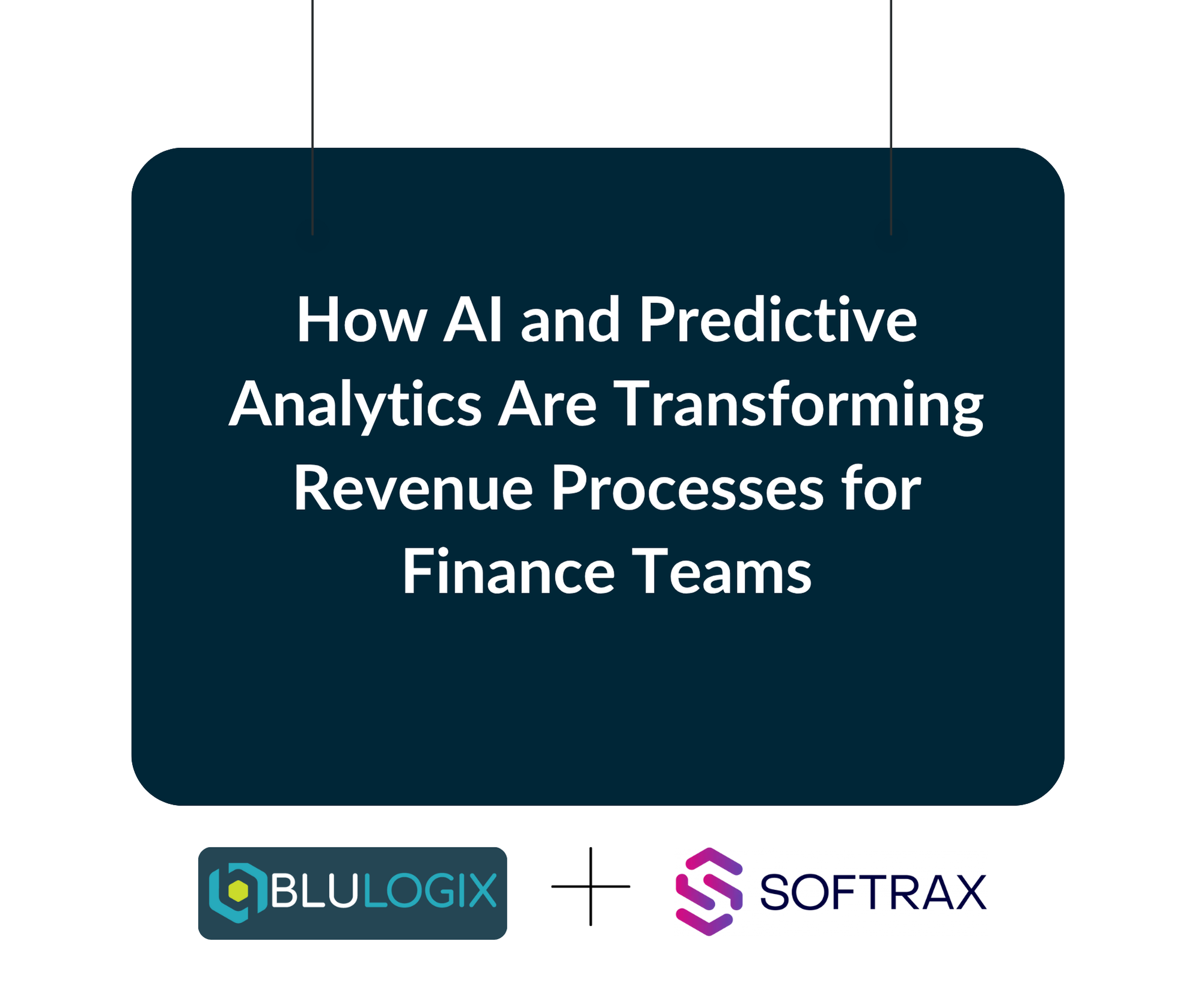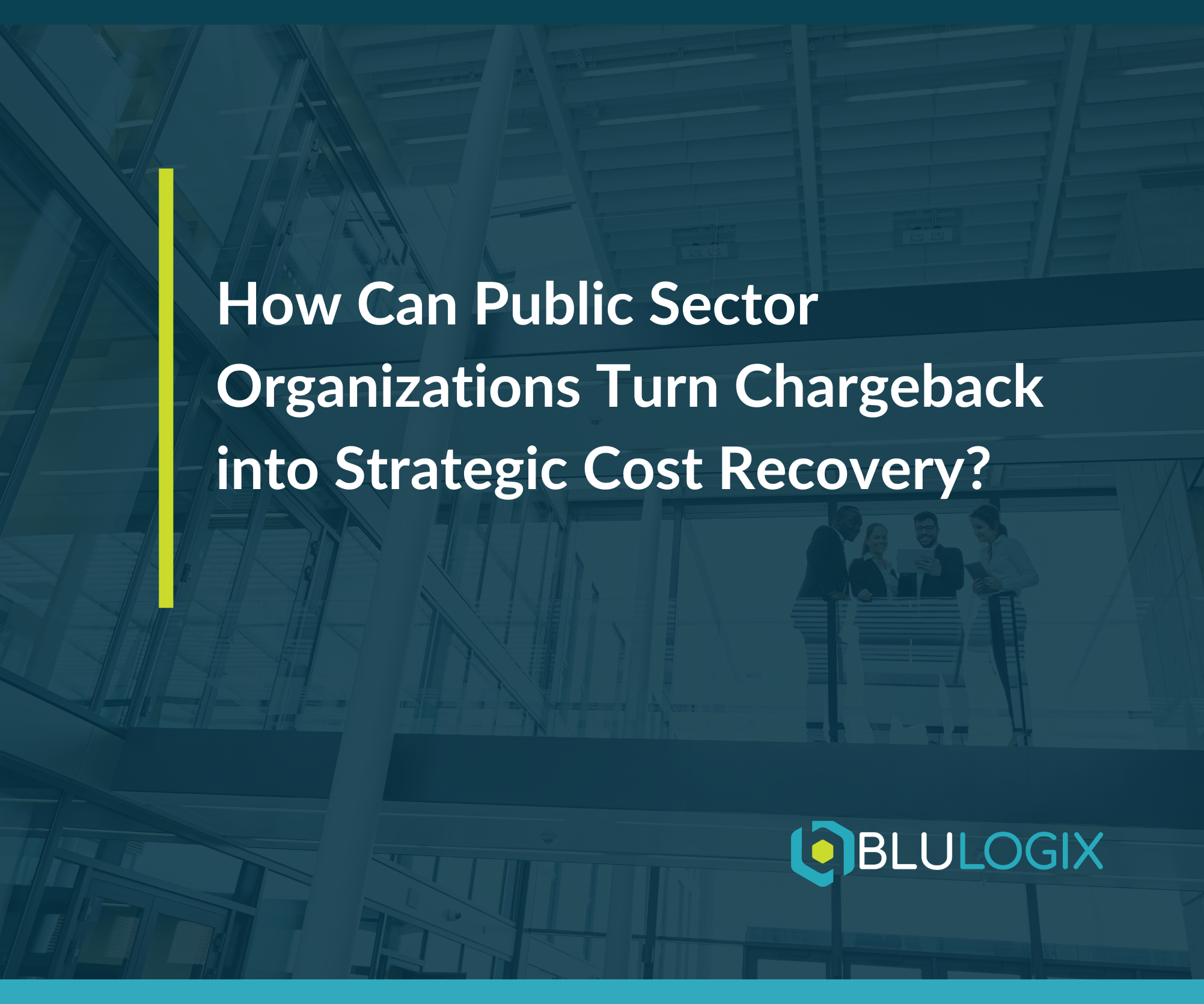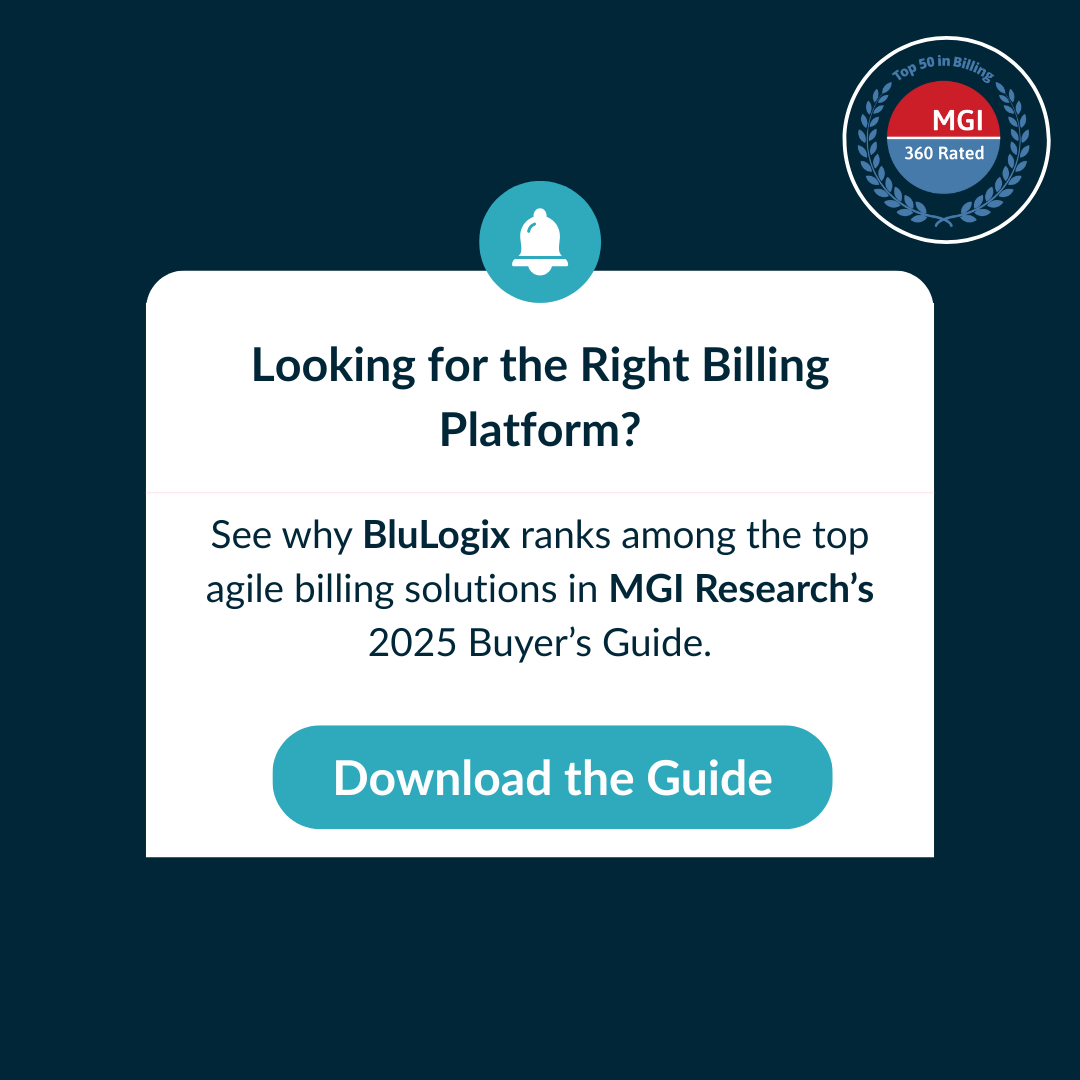Please Stop Buying “Billing” Software
You probably don’t need billing software
Ok, that’s a statement you probably didn’t expect to read in a blog post from the CEO of BluLogix. But I am serious. There is a two-fold problem that’s creating a widespread disconnect in the billing software and “subscription management” market. First, organizations identify revenue-related issues in their business and generically label their need as a “billing problem.” Second, software vendors looking to generate sales – understandably so – focus their marketing and sales efforts on curing these “billing problems.
See How BluIQ Makes Subscription Billing Easy
Unfortunately, this go-to-market approach means ignoring the broader organizational issues causing the perceived billing challenges. As a result, we are observing an increasing disconnect between the solutions that organizations genuinely need and the software alternatives currently in the market – resulting in misunderstanding, frustration, and wasted resources.
After interacting with hundreds of prospects and clients, it’s my conclusion that this disconnect and misunderstanding in the billing software market comes down to a single issue – data. In almost every case, billing problems are symptoms of a larger, structural environment of data disaggregation within the organization. Only solving the transactional symptoms of the problem by using traditional billing software ultimately highlights the more subtle symptoms of revenue-related data disaggregation:
These symptoms include:
- Inability to automate the quote-to-order processes, order-to -provisioning processes and service activation management.
- Lack of 360 customer visibility across the lifecycle – order status, contract renewals, account balance, active services, service details, etc.
- Revenue leakage due to an inability to reconcile costs against revenue.
- Lack of integration with other essential enterprise systems like CRM and ERP. accounting, or external service providers
- A need to fully automate the invoicing process and accommodate unique business process needs
Most traditional billing software companies focus on alleviating transactional challenges – the last symptom listed above – because that is what they were architected to achieve. Yes, organizations will save time and increase efficiency by automating their invoicing process. However, gains in transactional efficiency will be offset by the fact that yet another platform now needs to be managed and an additional data silo exists. In short, the underlying data problem has been exacerbated – not solved.
So what’s the solution to this fundamental disconnect?
At BluLogix we have architected – BluIQ – our data-enriched monetization platform to address “billing problems” differently. We start outside the realm of software and technical solutions, using our MIND Methodology to conduct an in-depth discovery process before we engage with a client to solve their billing challenges. It’s been our observation that most organizations have quote-to-cash related data residing in at least five internal silos and 2 to 5 times that amount of data coming from external sources like vendor partners.
Therefore, our solution approach goes beyond delivering just billing software to aggregate disparate data sources into a single system of record, create the starting point for delivering “data-enriched monetization,” and address all the symptoms described above, including transactional billing requirements. Our unique Data-Enriched Monetization approach also becomes the starting point for building an organizational Monetization Framework to leverage connected data, generate new customers insights, and enable revenue growth.
See How BluIQ Makes Subscription Billing Easy
So whatever you do, if you think you have a billing problem, please don’t rush to buy billing software to fix the problem. First, consider the full organizational context and data environment for your quote-to-cash lifecycle and then you’ll be better prepared to define the best solution and technology approach for your business. If you’d like some more food for thought, you might want to check out our white paper “How to Build a Monetization Framework.”
Learn more

Why Revenue Leakage is the Hidden Threat for AI & SaaS Companies

How AI and Predictive Analytics Are Transforming Revenue Processes for Finance Teams



